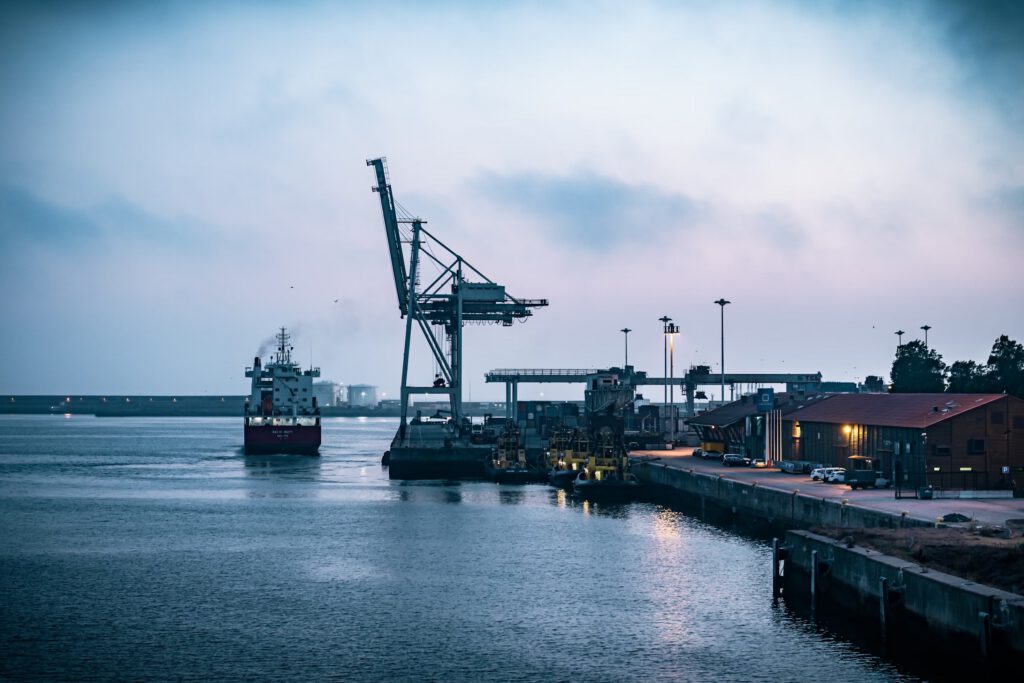The Government’s hosting of an International Investment Summit in London last month was a crucial opening stage in the development of it’s new flagship National Wealth Fund.
Having secured £63 billion of private invesment across infrastructure, renewables, and life sciences, Chancellor Rachel Reeves used the Summit to announce that the newly created National Wealth Fund (NWF) will be hosted at the UK Infrastructure Bank and led by a specialist investment taskforce. This commitment was followed up in the recent Autumn budget, with the Chancellor reiterating the Government’s pledge to capitalise on the NWF by “investing in the industries of the future”.
The NWF was part of Labour’s election offering and introduced in the King’s Speech as an investment catalyst designed to mobilise private sector funding in sectors such as green hydrogen, carbon capture, ports, gigafactories, and steel. The Chancellor has subsequently outlined her intention to generate £27.8 billion through the NWF for green investment, with £7.3 billion of Government investment aimed to encourage private financing by de-risking investment and improving investor confidence in developing, high-risk sectors.
Early analysis of the NWF has welcomed it as a mechanism to generate growth and narrow the widening green investment gap, but there are concerns that the Fund itself will prove insufficient to achieving Labour’s ambitious clean energy goals. Policy uncertainty and rollbacks by the previous government have diminished investor confidence and created doubt about the trajectory of the UK’s energy policy. The Government will hope that with a solid parliamentary majority and relative market confidence in their Budget measures, the NWF will prove the beneficiary of increased investor confidence in the Government’s political and economic credentials.
Whilst an increase in investor confidence is important, it is also essential that planning restrictions are eased to build infrastructure that encourages businesses in developing green and high-tech industries to invest and expand. Prime Minister Keir Starmer has encouragingly shared his commitment to “reviewing regulation across the piece” and cutting bureaucracy that is “needlessly holding back the investment we need to take our country forward”.
Sustainable economic growth will ultimately require the Government to strike a challenging balance between reducing planning delays, protecting the natural environment, and ensuring that communities are supported and benefit from new infrastructure developments.
The National Wealth Fund can be a central tenant of Labour’s mission to grow the economy and divulge its benefits to consumers, workers, and entrepreneurs – it now requires a holistic policy landscape that encourages investor confidence by providing certainty on planning reform, investment in the skills system, and supply chain resilience.





